1. The Home Computer Doubter
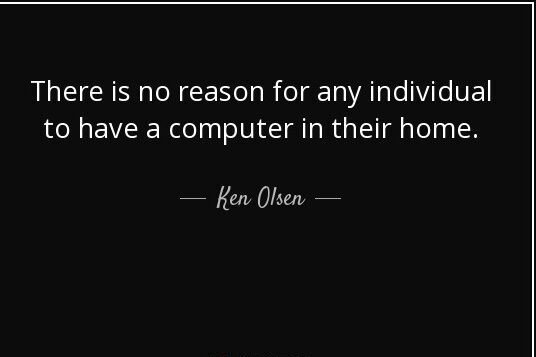
It always feels funny looking back at how confidently people once predicted the future, almost like flipping through an old scrapbook filled with hopeful guesses. One of the most memorable examples came from Ken Olsen, who said there was no reason anyone would want a computer in their home. At the time, computers were bulky machines that looked more like industrial equipment than everyday tools. His statement now feels gentle, almost sweet, especially in a world where people carry powerful mini computers in their pockets. It reminds us how imagination often grows slower than innovation itself.
2. The Internet Skeptic
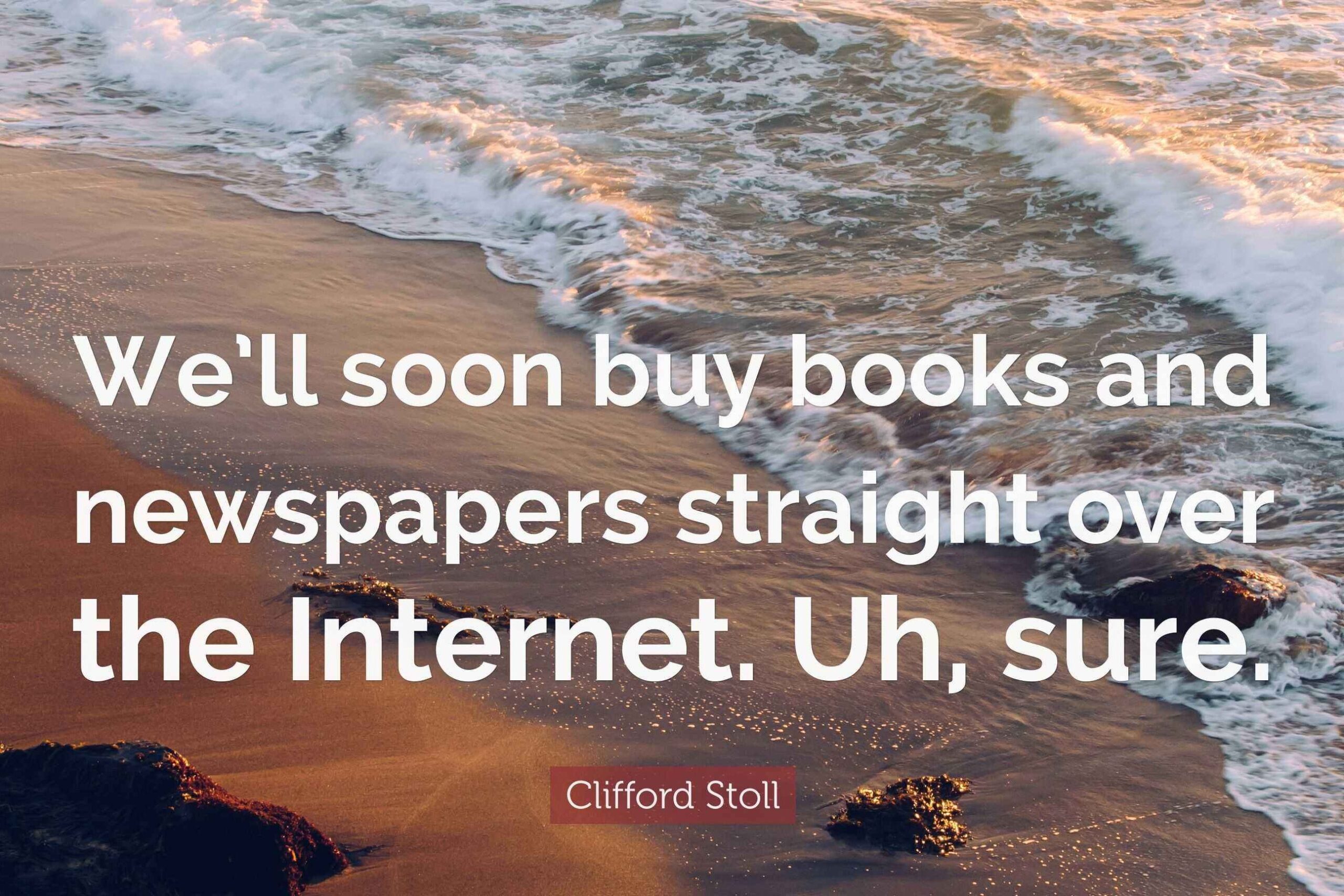
Clifford Stoll once insisted the internet would never replace traditional habits, believing people would stick to newspapers and printed materials. At the time, logging on meant strange noises and slow loading screens, so his view made sense for the moment. What makes his prediction charming now is how completely life shifted toward digital convenience. Most people read the news before getting out of bed, usually through a glowing screen instead of a crinkled paper. His confidence makes the memory feel almost friendly, a reminder that even thoughtful people sometimes misread the direction the world quietly chooses.
3. The Telephone Nonbeliever
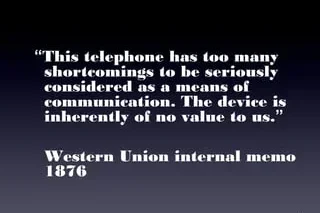
Western Union once dismissed the telephone by claiming the device held no real value. When you imagine a world used to written letters and telegrams, the hesitation feels understandable. Early phones were awkward, unpredictable and unfamiliar, making the idea of widespread use seem far fetched. Today, that sentiment feels soft and almost endearing, especially since calling someone is now one of the simplest ways to connect. It shows how new inventions often arrive looking odd before slowly becoming part of everyday life. This prediction gently illustrates how comfort often shapes acceptance long before practicality takes over.
4. The Car Misjudgment
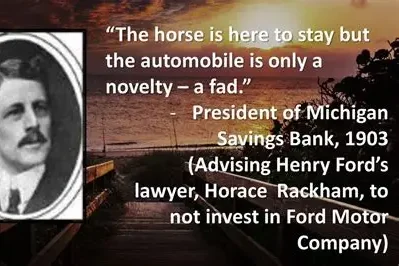
A Michigan banker once claimed horses would remain the main mode of transportation because cars were nothing more than a novelty. Early automobiles were noisy, unreliable and unsettling for people who trusted animals more than machines. His prediction feels relatable because change often appears messy before it becomes meaningful. Now, cars shape entire cities and determine how people move around the world. Looking back, his statement feels almost like a friendly reminder that the unfamiliar can be difficult to embrace. Sometimes the things we doubt the most end up becoming the things we rely on every single day.
5. The Flight Doubt
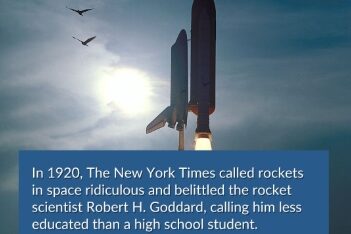
A New York Times editorial once suggested humans might achieve practical flying far into the distant future, imagining it could take millions of years. That prediction came just as the Wright brothers were preparing breakthroughs that would change everything. Within a decade, airplanes were already proving themselves useful and slowly reshaping travel. The gap between the prediction and reality feels almost poetic, like watching a door open much sooner than expected. It captures how quickly progress can unfold when curiosity meets persistence. This moment gently reminds us that some transformations begin quietly before soaring into something remarkable and lasting.
6. The Television Underestimation
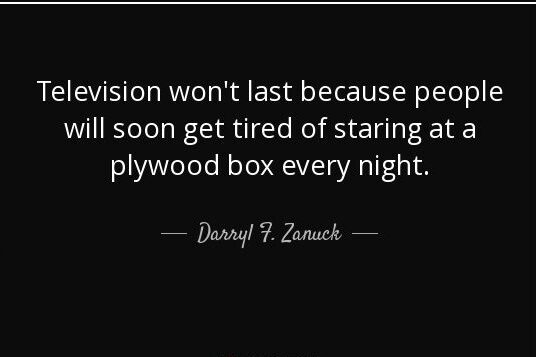
Darryl Zanuck once believed television would lose its appeal within months, assuming people would get bored of watching moving pictures at home. At the time, screens felt unusual and radio still held families together each evening. His prediction makes sense considering how new and unfamiliar television was. Now, screens fill living rooms, bedrooms and even pockets. His comment reads almost like a well-meaning guess from someone who simply could not imagine such a shift in entertainment. It highlights how big changes often start with small curiosities that slowly turn into habits people did not know they needed.
7. The Radio Pessimist
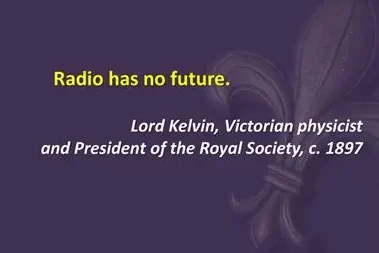
When you think about how comforting radio once felt in living rooms, it is surprising that Lord Kelvin confidently declared, “Radio has no future.” He spoke at a time when new inventions were arriving so quickly that some seemed easy to dismiss. His comment now feels almost tender, like someone trying to protect what felt stable and familiar. People trusted newspapers and conversation more than invisible sound waves traveling through the air. Yet radio soon became a companion for music, news and storytelling. This soft misstep simply shows how even brilliant minds sometimes underestimate what people will grow to love.
8. The Space Travel Denial
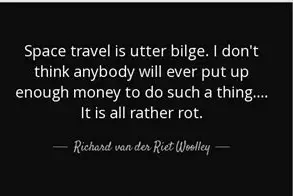
A respected astronomer once said space travel was impossible, describing the idea as nonsense just days before humanity achieved its first orbit. His prediction came from a belief that certain dreams were simply too large or too distant to reach. Yet the world was already moving toward a reality he could not picture. The timing makes the moment memorable because it highlights how breakthroughs often arrive unexpectedly. His sincere doubt now feels almost tender, like someone protecting a version of the world that felt steady. It gently teaches that possibility sometimes unfolds faster than certainty can adjust.
9. The Nuclear Energy Hope
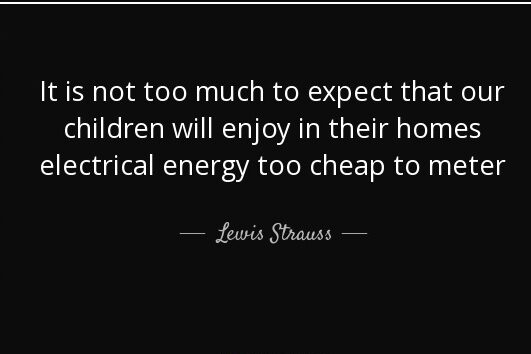
Lewis Strauss once predicted that nuclear power would make electricity so affordable it would barely need billing. His statement came from a place of optimism, imagining a world where energy worries would fade. Over time, practical challenges, safety concerns and costs reshaped the story. His prediction now reads like a hopeful vision that simply did not unfold as expected. It reminds us how dreams of progress often carry more enthusiasm than precision. There is something comforting about his confidence, showing that people often speak from hope when imagining the future. It gently reflects how ambition sometimes outpaces reality.
10. The Smartphone Underestimation
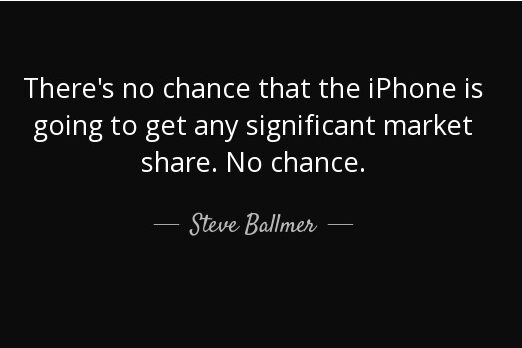
After the first touchscreen phone appeared, some leaders insisted it would not gain a meaningful share of the market. They believed people preferred buttons and familiar designs. Their prediction made sense in a world just learning how to tap and swipe. Yet touchscreens quickly became the standard, shaping communication, entertainment and everyday tasks. Looking back, the doubt feels almost comforting because it shows how unpredictable progress can be. This final example softly ties all the others together, reminding us that the future often unfolds in ways no one fully sees coming. It encourages us to stay open to possibility.
This story 10 Predictions That Missed So Hard They’re Art was first published on Daily FETCH


